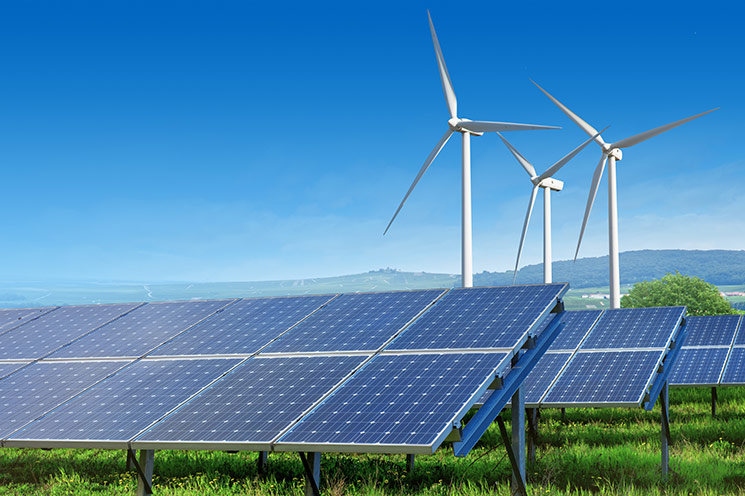By Seth Masia November 15, 2013

 In October and November, I traveled to Chicago (my hometown) for the Solar Power International trade show, and to Cancun, Mexico, for the biennial Solar World Congress, co-hosted by the International Solar Energy Society (ISES) and the Mexican Solar Energy Society.
In October and November, I traveled to Chicago (my hometown) for the Solar Power International trade show, and to Cancun, Mexico, for the biennial Solar World Congress, co-hosted by the International Solar Energy Society (ISES) and the Mexican Solar Energy Society.
Here’s what I learned:
A new generation of researchers is doing solid work in all aspects of renewable energy, much of it focused on improving the efficiency of mature technologies. But there’s also exciting work being done toward the efficient manufacture of synthetic liquid fuels using carbon-free solar power to drive the process.
The rapidly maturing solar and wind businesses are now able to compete successfully with unsustainable extractive-fuel energy sources. Increasingly, they can provide the low-cost solution in megawatt-scale utility projects. As one result, solar industries have maintained an aver- age global growth rate of about 70 over the past decade, actually accelerating during the Great Recession. Another result: Mainstream investment banks are now happy to underwrite renewable energy projects, at all scales — from vast concentrating solar power installations in the world’s deserts, to the roof of your garage.
Low interest rates have put local banks and credit unions in a position to compete for residential and commercial solar financing business. While power purchase agreement companies continue to close up to 80 percent of new residential installations in the high-incentive states where they do business, installed prices are actually lower in some low-incentive states, where consumers are more likely to buy systems outright, especially on new construction.
Mike Eckhart of CitiCorp (and a founder of the American Congress for Renewable Energy) says the world is now 40 years into a 100-year transition to a global all-renewables economy. The new cost structure means that renewable power cannot be stopped. We have outgrown the age of incentives, he says, and entered the era of mainstream finance.
In a sense, we’ve won. We stand where the computer industry found itself when word processing and spreadsheets came to the office: personal computers pushed typewriters and adding machines right off the desk.
In our case, however, the typewriter companies are pushing back. Utilities and fossil fuel companies are now fighting for time, erecting regulatory barriers wherever they can to delay their own obsolescence. They’ve managed to kill off all federal legislative action on climate and energy efficiency, and are now trying hard to roll back state action on renewable portfolio standards, net-metering and even distributed energy storage. Thus far, the counter-revolution has been defeated in local skirmishes, met by a surprising alliance of progressive and conservative energy consumers. Both groups want private energy independence.
We have a role to play in those local battles. And in next year’s election, we have the opportunity to swing federal policy in the direction of full-scale renewable power. It’s going to take an army of volunteers, organized largely through the American Solar Energy Society Chapters (ases.org/chapters). We’re ready to support that army. Join us.
Seth Masia is the executive director of ASES and the editor of SOLAR TODAY. Contact him at smasia@ases.org.